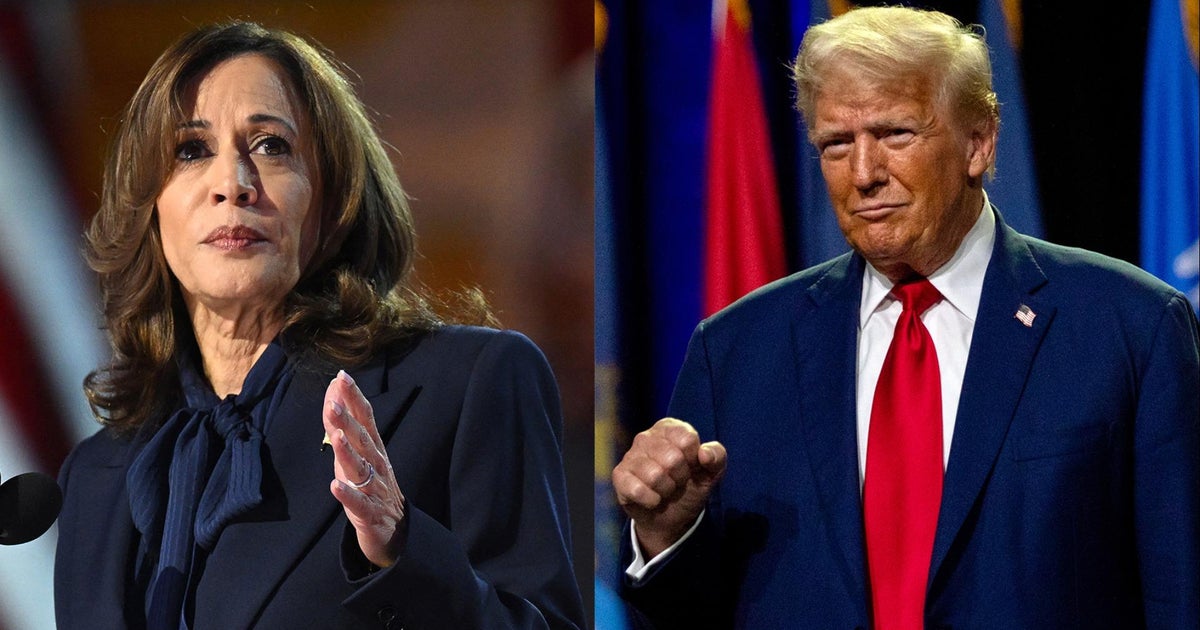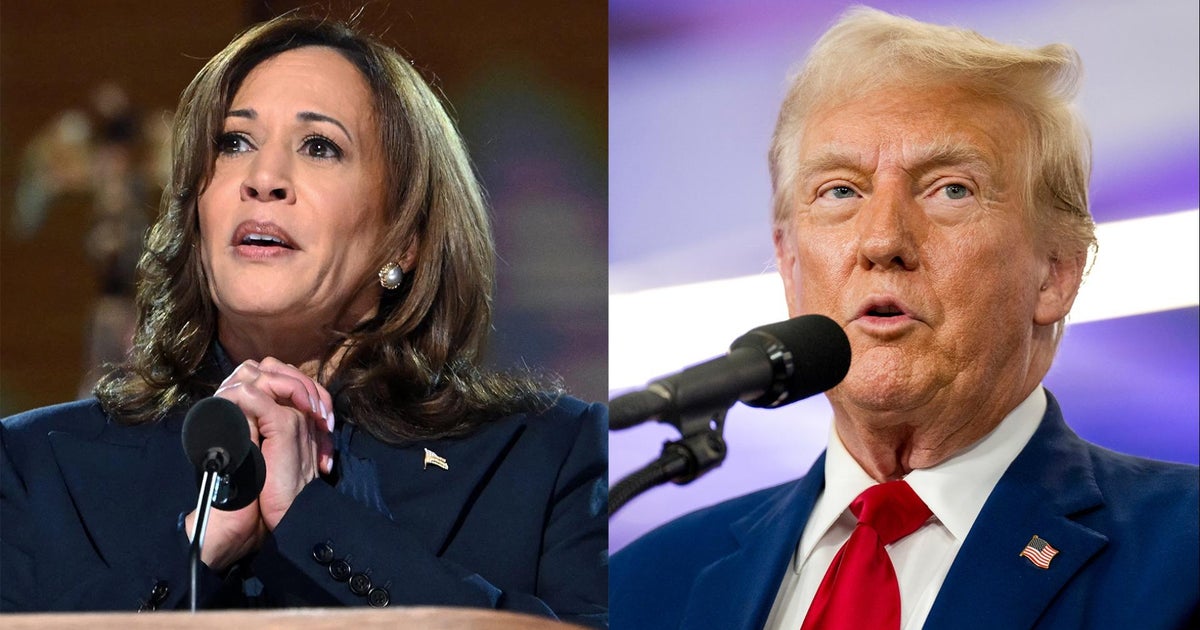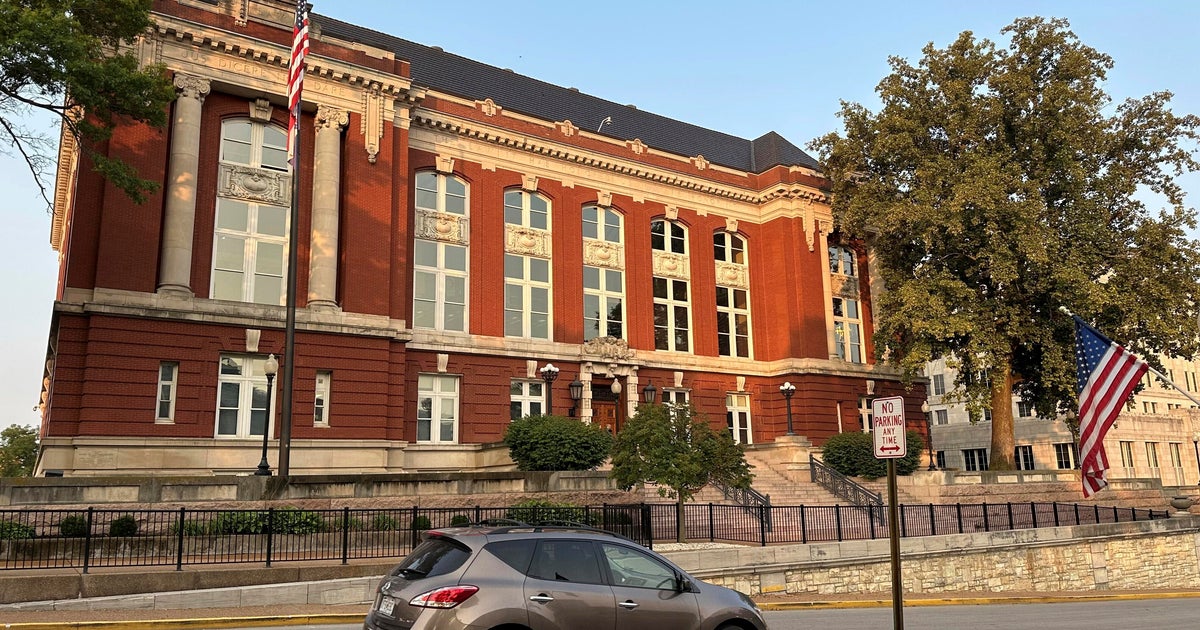Washington —The Supreme Court on Wednesday said it would decide whether former President Donald Trump is entitled to broad immunity from prosecution for acts allegedly committed while in office, teeing up another blockbuster election-year showdown that could have major ramifications for the federal criminal cases against him.
The unsigned order from the high court granted special counsel Jack Smith’s request for the justices to decide the issue. The justices are set to decide the question: “whether and if so to what extent does a former president enjoy presidential immunity from criminal prosecution for conduct alleged to involve official acts during his tenure in office.”
The court, which has a 6-3 conservative majority, will hear arguments in the case during the week of April 22. Its order indicates that proceedings in the case will remain on hold until it issues a decision, expected by the end of June.
The intervention from the court marks the second time in a month that the justices haveweighed in on a case with tremendous implications for the former president. Earlier in February, the court heard arguments over whether Trump can be excluded from Colorado’s primary ballot over his actions surrounding the attack on the Capitol on Jan. 6, 2021.
The court has never before decided whether a former president is immune from criminal liability for allegedly illegal acts committed while in office. Trump is the first former president to be indicted, and he has pleaded not guilty. The high court has, however, said that a president is entitled to absolute immunity from civil liability for official acts.
The Trump immunity fight
A three-judge panel on the U.S. Court of Appeals for the District of Columbia Circuit rejected Trump’s claim of sweeping immunity on Feb. 6. He then asked the Supreme Court to put that decision on hold and allow him time to seek review from the full appeals court.
It’s unclear how much of an impact the court’s decision to take up the case will have on the timeline for Trump’s trial, since the justices could rule swiftly after hearing arguments. Proceedings have been paused to allow the former president to pursue his appeal on the immunity issue. U.S. District Judge Tanya Chutkan, who is presiding over the case, scrapped the initial trial date of March 4 to let the appeals process play out.
The former president has been pushing to delay the case until after the November presidential election, though Smith has stressed the public interest in holding the landmark trial this year. Trump is the leading Republican candidate to take on President Biden in the presidential contest, and he claimed that conducting a criminal trial during the height of the election season will “radically disrupt” his ability to campaign against Mr. Biden.
Trump sought emergency relief from the Supreme Court on Feb. 12, saying the D.C. Circuit judges’ decision represented “a stunning breach of precedent and norms.”
“Without immunity from criminal prosecution, the presidency as we know it will cease to exist,” lawyers D. John Sauer and John Lauro wrote. They warned that without criminal immunity for official acts taken by a president, prosecutions would become more common, “ushering in destructive cycles of recrimination.”
“The threat of future criminal prosecution by a politically opposed administration will overshadow every future president’s official acts — especially the most politically controversial decisions,” Lauro and Sauer wrote. “The president’s political opponents will seek to influence and control his or her decisions via effective extortion or blackmail with the threat, explicit or implicit, of indictment by a future, hostile Administration, for acts that do not warrant any such prosecution.”
Trump’s lawyers also claimed that forcing him to stand trial during the election season — thus keeping him off the campaign trail — threatened both his First Amendment rights and those of voters “who would hear and consider President Trump’s campaign speech as they reflect on how to cast their ballots in November.”
But Smith’s team urged the justices not to grant Trump the emergency relief he sought and stressed his argument for the criminal trial to take place swiftly. The special counsel asked the Supreme Court to decide the immunity issue if it believed Trump’s claim merited review.
“Public interest in a prompt trial is at its zenith where, as here, a former president is charged with conspiring to subvert the electoral process so that he could remain in office,” the special counsel told the justices in a filing.
Calling Trump’s position “unprecedented,” Smith said Trump’s claim that he is absolutely immune from criminal charges tied to conduct falling within his official duties is not supported by constitutional text, separation-of-powers principles, history or logic. The crimes Trump is alleged to have committed, stemming from what prosecutors claim is his efforts to subvert the transfer of presidential power, “strike at the heart of our democracy,” according to the special counsel.
“A president’s alleged criminal scheme to overturn an election and thwart the peaceful transfer of power to his successor should be the last place to recognize a novel form of absolute immunity from federal criminal law,” Smith wrote.
His office declined to comment on the Supreme Court’s decision to decide the issue of whether Trump can be prosecuted.
The appeals court decision
The ruling issued by the D.C. Circuit panel — consisting of Judges Karen LeCraft Henderson, Michelle Childs and Florence Pan — rejected Trump’s assertion that he should be shielded from criminal charges because the conduct alleged in the federal indictment occurred while he was in office.
“For the purpose of this criminal case, former President Trump has become citizen Trump, with all of the defenses of any other criminal defendant,” the panel wrote in its 57-page opinion. “But any executive immunity that may have protected him while he served as President no longer protects him against this prosecution.”
Henderson was appointed by President George H.W. Bush, while Childs and Pan were tapped by Mr. Biden.
A federal grand jury charged Trump last year with four counts stemming from an alleged attempt to unlawfully overturn the results of the 2020 presidential election. Trump pleaded not guilty to all charges and has denied wrongdoing.
The judges wrote that they “cannot accept former President Trump’s claim that a president has unbounded authority to commit crimes that would neutralize the most fundamental check on executive power — the recognition and implementation of election results.”
Adopting Trump’s position, they continued, would mean “the Executive has carte blanche to violate the rights of individual citizens to vote and to have their votes count.”
“At bottom, former President Trump’s stance would collapse our system of separated powers by placing the president beyond the reach of all three branches,” the judges wrote. “Presidential immunity against federal indictment would mean that, as to the president, the Congress could not legislate, the executive could not prosecute and the judiciary could not review. We cannot accept that the office of the presidency places its former occupants above the law for all time thereafter.”
The former president first raised his claim of presidential immunity in October, when he asked Chutkan to dismiss the charges against him. Chutkan denied the request and Trump later appealed the ruling to the D.C. Circuit.
But before the appellate court judges could hear the case, Smith, the special counsel, asked the Supreme Court to leapfrog the appeals court and decide the immunity issue once and for all. The high court declined to fast-track the case and instead let the appeals process continue.
Trump faces a total of 91 charges across four different prosecutions, including two state cases. He has pleaded not guilty to all counts.
The former president hasraised a claim of presidential immunity in a second case Smith brought against him, that one involving his alleged mishandling of documents marked classified and obstruction. The federal judge overseeing the documents case in South Florida is set to consider Friday when it will go to trial, and the Supreme Court’s decision to consider the immunity question could spill over into Trump’s other prosecution.
In addition to the issue of presidential immunity, the Supreme Court also took up a challenge to Trump’s eligibility for the primary and general election ballots in Colorado. The state’s highest court ruled in December that Trump’s conduct surrounding the Jan. 6, 2021, insurrection disqualified him from holding public office under an obscure provision of the Constitution and ordered him to be kept off the GOP primary ballot. The court has not yet issued a ruling in that case.
The justices will also hear arguments April 16 in a case challenging the reach of a federal obstruction law that has been used to prosecute scores of defendants in connection to the Capitol attack, and which Trump is charged with violating.



